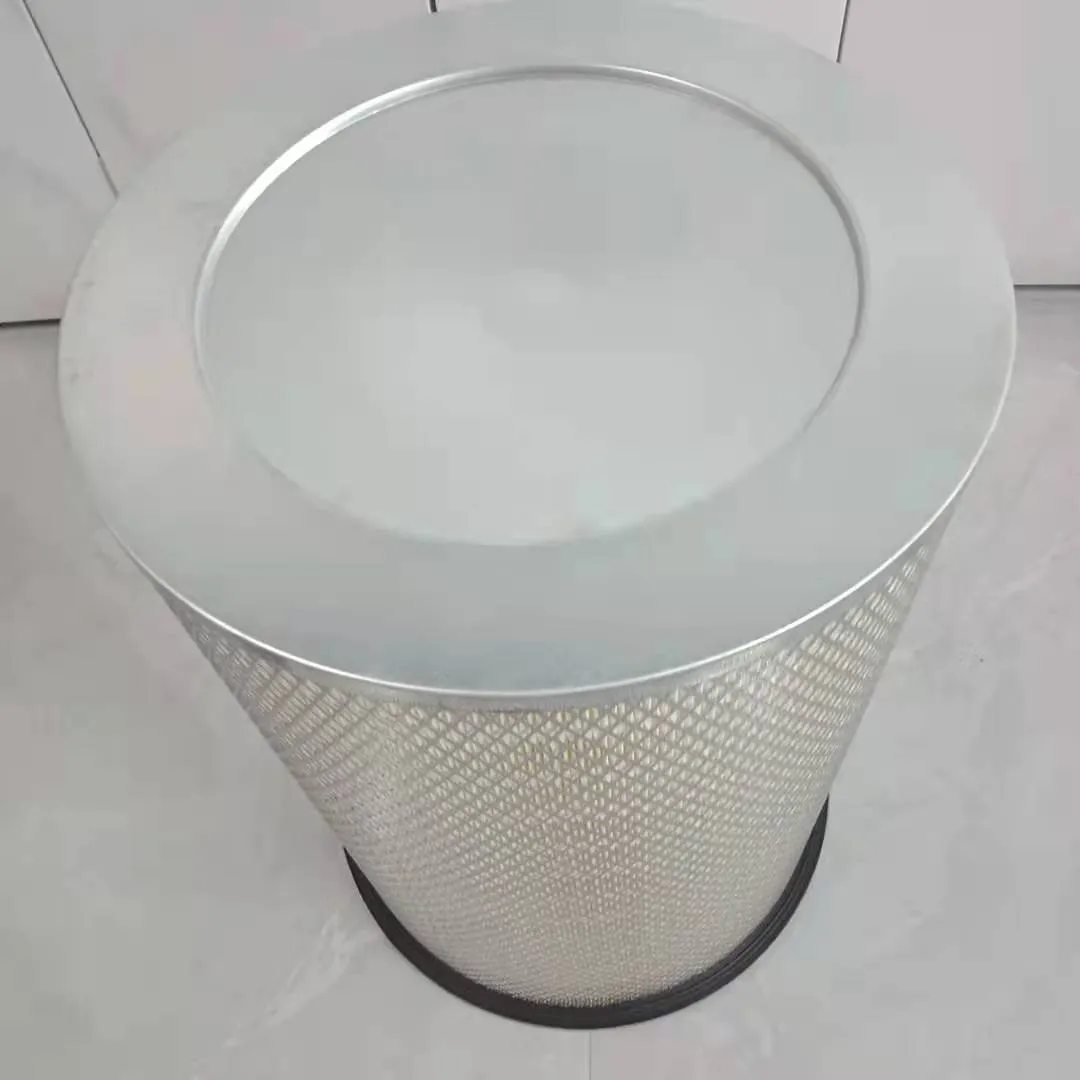 Tel:
+8615930870079
Tel:
+8615930870079
Dec . 12, 2024 01:17 Back to list
gas turbine inlet filter
The Importance of Gas Turbine Inlet Filters
Gas turbines are pivotal in various sectors, including power generation, aviation, and industrial applications. The efficiency and reliability of these machines are critical, and much of that depends on the effectiveness of the inlet filter systems. Inlet filters are designed to protect the turbine from contaminants in the air, which can significantly affect performance and longevity.
Understanding Gas Turbine Inlet Filters
Gas turbine inlet filters are specifically engineered to remove particulate matter, moisture, and other contaminants from the air before it enters the combustion chamber. These filters are crucial because gas turbines operate on the principle of air compression and expansion, and any impurities in the air can disrupt this process.
The filters typically consist of several layers, using different materials with varying filtration capabilities. The outer layer often captures larger particles, while subsequent layers effectively trap finer particles. This multi-stage filtration process ensures that only clean air enters the turbine, which is essential for optimal combustion efficiency.
The Role of Inlet Filters in Performance
The performance of gas turbines can be significantly impacted by the quality of the air entering the system. Contaminants can cause damage to the blades and other internal components, leading to increased maintenance costs, unplanned outages, and reduced efficiency. Studies have shown that unfiltered air can decrease a turbine's efficiency by up to 20%, ultimately affecting the overall energy output and operational costs.
Inlet filters also play a critical role in maintaining combustion temperature. High levels of contaminants can alter the air-to-fuel ratio, resulting in inefficient burning of fuel. This not only affects performance but can also lead to increased emissions, which is a growing concern in today’s environmentally conscious world.
gas turbine inlet filter

Advancements in Filter Technology
With advancements in technology, gas turbine inlet filters have seen significant improvements. New materials and designs allow for enhanced filtration capabilities while minimizing airflow resistance. This means turbines can operate more efficiently, with better fuel economy and reduced emissions.
One innovative approach is the use of nanofiber technology, which can capture even smaller particles without choking the airflow. Additionally, self-cleaning filters are being developed, which reduce maintenance downtime and operational costs. These systems automatically remove trapped dust and debris, ensuring continuous airflow and optimal performance.
Maintenance and Best Practices
Regular maintenance of gas turbine inlet filters is essential to reap their full benefits. Operators should establish a routine inspection schedule to assess the condition of filters and replace them as necessary. Utilizing differential pressure gauges can also help monitor filter performance, indicating when a filter may be nearing the end of its service life.
Moreover, operating conditions such as humidity, temperature, and the environment where the turbine is situated can influence the rate of contamination. Facilities located in dusty or industrial areas may require more frequent filter changes. Implementing a proactive maintenance strategy will enhance the turbine's reliability and efficiency.
Conclusion
In summary, gas turbine inlet filters are a critical component that significantly influences the performance, efficiency, and operational longevity of gas turbines. With the ever-increasing demand for efficient energy generation and environmental considerations, investing in high-quality inlet filters and maintaining them properly is not just prudent—it's essential. The future of gas turbine technology will undoubtedly involve ongoing innovations in filtration solutions, ensuring that these machines can operate effectively in diverse and challenging conditions. As the industry moves forward, focusing on the importance of inlet filtration will be vital to achieving reliable and sustainable energy solutions.
-
Types and Applications of Air Filtration CartridgesNewsJul.28,2025
-
The Role of Gas Turbine FiltersNewsJul.28,2025
-
Mastering Air Filter Cartridge UseNewsJul.28,2025
-
Advanced Turbine Filters for Modern Gas TurbinesNewsJul.28,2025
-
Cellulose Air Filter Cartridge Advantages in Dust FiltrationNewsJul.28,2025
-
Cellulose Filters for Air Particle ReductionNewsJul.28,2025

 Email:
Email:





